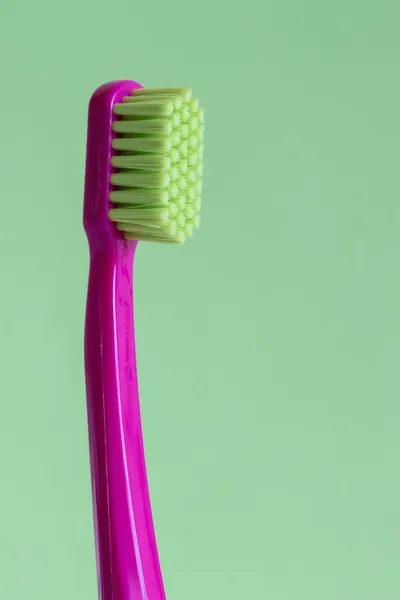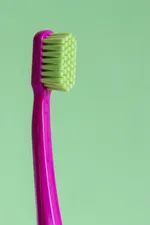
Mastering the Art of Brushing: Techniques for Optimal Oral Health
Introduction to Effective Brushing
Brushing your teeth is a fundamental practice in maintaining good dental hygiene, but are you using the right technique? Proper brushing not only removes food particles and plaque but also prevents gum diseases and cavities. In this article, we’ll explore expert techniques to optimize your brushing routine, ensuring comprehensive oral care.
Choosing the Right Toothbrush
Types of Toothbrushes
Selecting the correct toothbrush is paramount. Opt for soft-bristled brushes to protect your enamel and gums. Consider the size of the brush head; a smaller head can reach difficult areas more effectively.
Electric vs. Manual Toothbrushes
Both electric and manual brushes can be effective if used correctly. Electric toothbrushes offer convenience and often superior plaque removal due to their oscillating motion, while manual brushes offer better control for hard-to-reach areas.
Perfecting Your Brushing Technique
Angle Matters
Hold your toothbrush at a 45-degree angle to your gums. This angle aids in cleaning along the gum line, an area where plaque often builds up.
Short Strokes, Gentle Pressure
Apply gentle pressure and use short strokes to brush each tooth, as aggressive brushing can damage enamel and gum tissue. This approach ensures thorough cleaning without causing harm.
Time Your Brushing
Brushing for the right duration is crucial. Aim for at least two minutes to cover all areas adequately. Consider dividing your mouth into quadrants and spending 30 seconds on each for an even clean.
The Role of Toothpaste and Flossing
Choosing the Right Toothpaste
Select a toothpaste with fluoride, which helps strengthen tooth enamel and fight decay. Consider any specific needs, such as sensitivity or whitening, when choosing your toothpaste.
Incorporate Flossing
Brushing alone isn’t sufficient to clean between teeth. Complement your brushing with daily flossing to remove debris and prevent cavities in hard-to-reach areas.
Conclusion: Achieving Optimal Oral Health
Mastering the art of brushing takes practice and attention to detail. By choosing the right tools and perfecting your technique, you can maintain excellent oral hygiene and prevent dental issues. Remember, a good brushing routine is a cornerstone of dental health.
Popular Oral Health Articles
Explore the articles our readers find most helpful, ranging from basic dental care tips to advanced oral health topics.



Related Posts
View All
A Comprehensive Guide to Dental Implants: What You Need to Know


